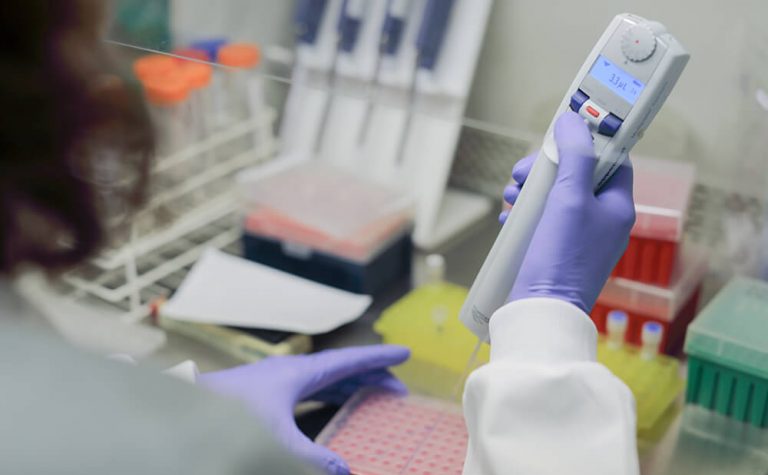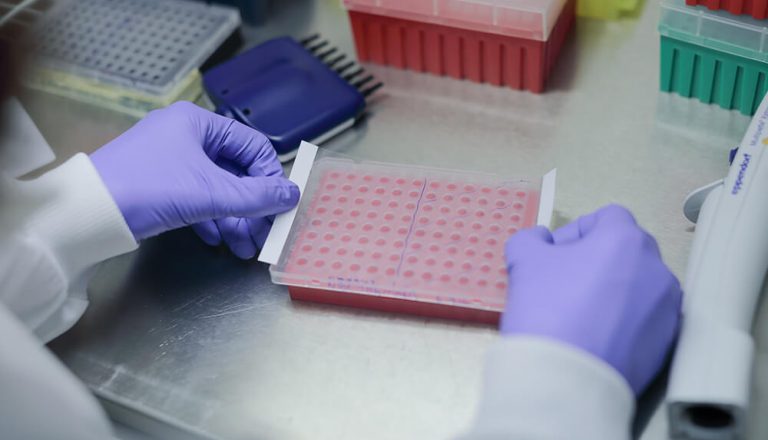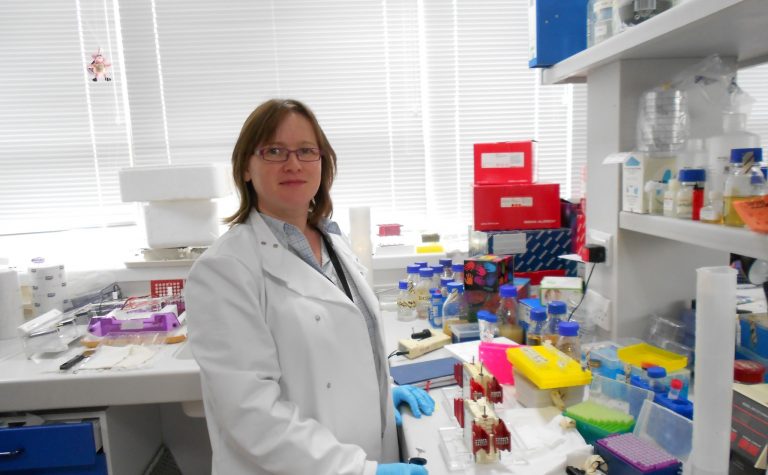Project Details
Project Title
The genetics of familial leukaemia
Lead Researcher
Professor Rob Mairs
Research Centre
University of Glasgow
City & Institution Postcode
Glasgow, G12 8QQ
Start Date
7 January 2013
Duration
3 years
Grant Amount
£79,429

Newsletter Signup x
Neuroblastoma, one of the most common childhood cancers, is often not diagnosed until it has spread to other parts of the body. At this stage it is very difficult to treat. A form of radiotherapy known as MIBG therapy has generated long-term remissions but cannot cure advanced disease. Professor Mairs is exploring the use of MIBG therapy in combination with chemotherapy drugs to develop a new, more effective approach.
The genetics of familial leukaemia
Professor Rob Mairs
University of Glasgow
Glasgow, G12 8QQ
7 January 2013
3 years
£79,429



Developing new treatments for high-risk neuroblastoma Related research- Dr Helen Bryant
Neuroblastoma has a ‘high-risk’ form which, despite using every treatment available, means that some children can’t be cured. Some
Read more